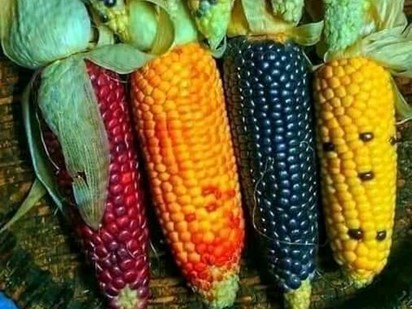
Option 10C
Realize Farmers’ Rights through reviewing and, as appropriate, adjusting seed laws and/or related procedures.
Contracting Parties may consider reviewing and, as appropriate, adjusting seed laws and related procedures in order to create legal space for farmers to save, use, exchange and/or sell farm-saved seed in general, or farmers’ varieties and/or varieties and populations with specific adaptation and uses in particular.
In this context, farmers, local and indigenous communities may also be encouraged and supported in registering varieties they conserve and/or develop and use, e.g. in registers held by the community and/or deposited with local authorities, or in national variety catalogues, should they wish to do so. This may also involve reviewing and, as appropriate, adjusting the necessary procedures and/or requirements for the registration of such varieties or populations, as well as for the quality management and/or marketing of seed. For example, simplified procedures and/or criteria for the registration of such varieties may be established, fees may be reduced or active support provided to farmers, local and indigenous communities to register varieties.
Seed laws that aim to protect and promote Farmers’ Rights may also explicitly acknowledge rights that farmers have to save, use, exchange or sell seed, subject to national law and as appropriate, e.g. by providing for special possibilities for quality control of farmers’ seed, including in cases of non-commercial seed dissemination and use, based on traditional practices.
Example(s) of possible measures:
- Ethiopian Seed Law Proclamation No. 782/2013 (Ethiopia/Africa). Click here
- Implementation of EU directives on conservation and amateur varieties, and preservation mixtures (Germany/Europe). Click here
- Venezuelan Seed Law No. 6.207 of 2015 (Venezuela/Latin America and the Caribbean). Click here
- Exemptions or flexibilities in seed registration for farmers’ varieties (Brazil, Peru/Latin America and the Caribbean, Nepal/Asia). Click here